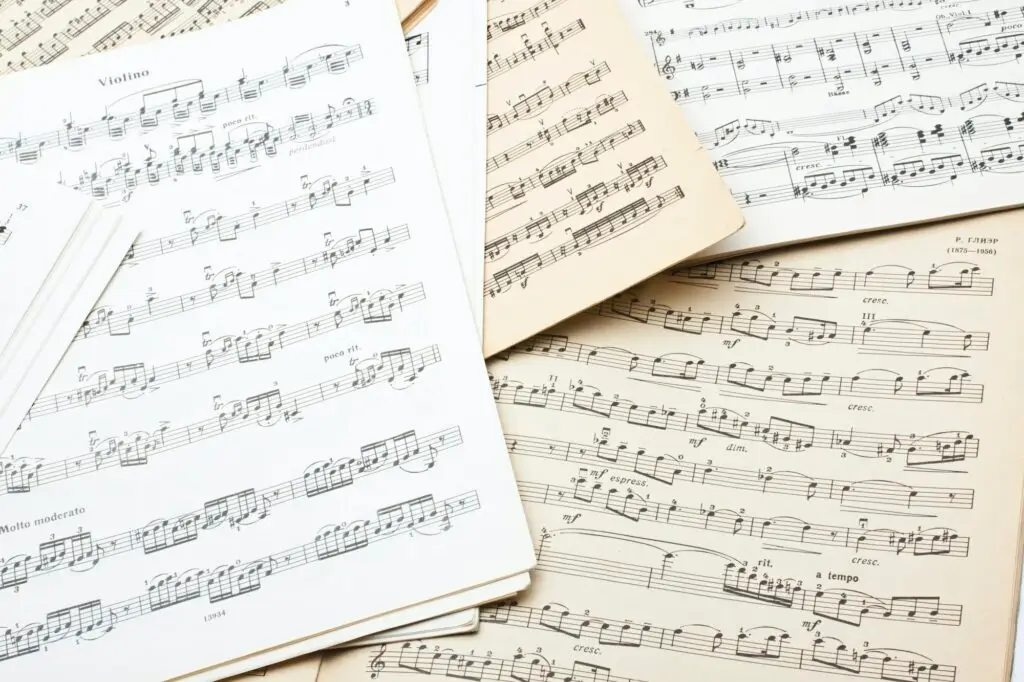Just like all other art forms, Artificial Intelligence has managed to infiltrate and fester into what was once a beautiful and respected industry. The reality is that AI-generated Music is getting scary good, and this is going to have absolutely devastating consequences for an industry that simply isn’t ready to handle its impact.
To give you a taste of what AI music can do, below is a 100% AI-generated version of The Weeknd’s “I feel it coming” performed by… Michael Jackson??
Although it’s fun to hear new songs performed by artists long gone, it stops becoming fun once you realize that AI can also start creating brand-new music from scratch.
What will happen to the industry if AI takes over?
#1 AI Is Ruining Music Creation and Composition
In the exact same manner that AI algorithms create and generate “original” texts or paintings from preexisting datasets and patterns, it uses all the data it has on music to generate “new” songs. It takes the hard work of millions of musicians through history, regurgitates it, and spits out another emotionally dead, soulless piece of work.
This form of music creation lacks all human emotion and artistic intention, which is literally the entire point of art in general. It diminishes the value and uniqueness of musical artistry and sets a precedent of unoriginality and emotional apathy.
If I was to record myself singing “I feel it coming” it would still obviously be The Weeknds song, even if I just “regurgitated it” — but at least I placed my artistic (or lack there-of, I cannot sing for the life of me) take on it.
It is this emotional value of music that has made it such a magical artform, and this is now all at risk of being completely lost.
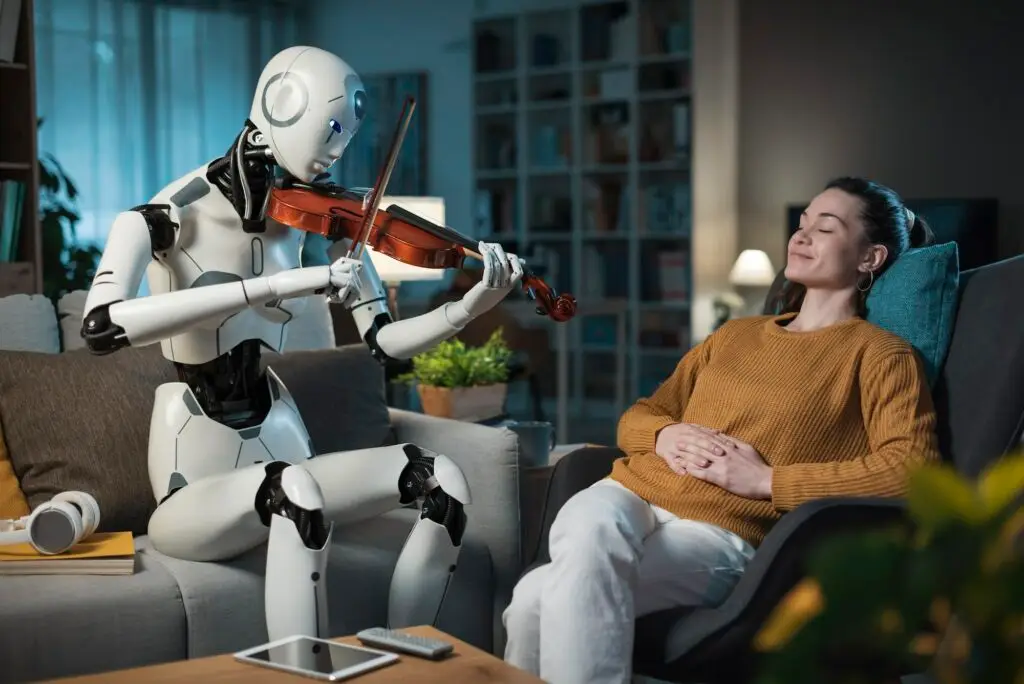
#2 AI Loves To Plagiarize: Copyright and Intellectual Property Problems
Artificial Intelligence has the power to analyze obscene amounts of music data to identify similarities between compositions, and this will inevitably lead to copyright infringement claims.
In a similar vein to everything else that AI is plaguing, the use of this form of music composition will naturally raise questions about ownership and intellectual property rights.
AI has this magical way of blurring the line between human and machine creativity, and in a world and industry that refuses to prepare for this, we’re looking at a future where no one is held accountable.
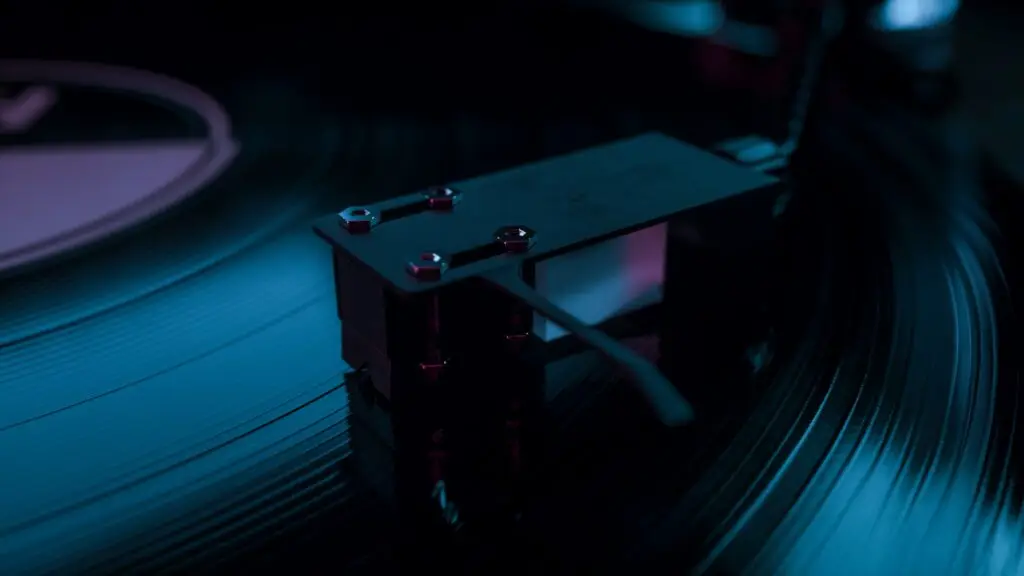
#3 AI Will Strip Away All Human Touch and Artistic Expression
Have you ever read AI-generated content? I urge you to go into ChatGPT and have it tell you some information about whatever you like.
After a while, you’ll realize that it all sounds the same. It’s incredibly homogenous.
Pre-designed AI algorithms lack the human touch and creative intuition that musicians bring to their work. It essentially limits the exploration of innovative sounds, styles, and artistic expressions resulting in yet another homogenization of what was once beautiful, human, and emotional artistry.
AI will pull the ripcord on individuality in music.
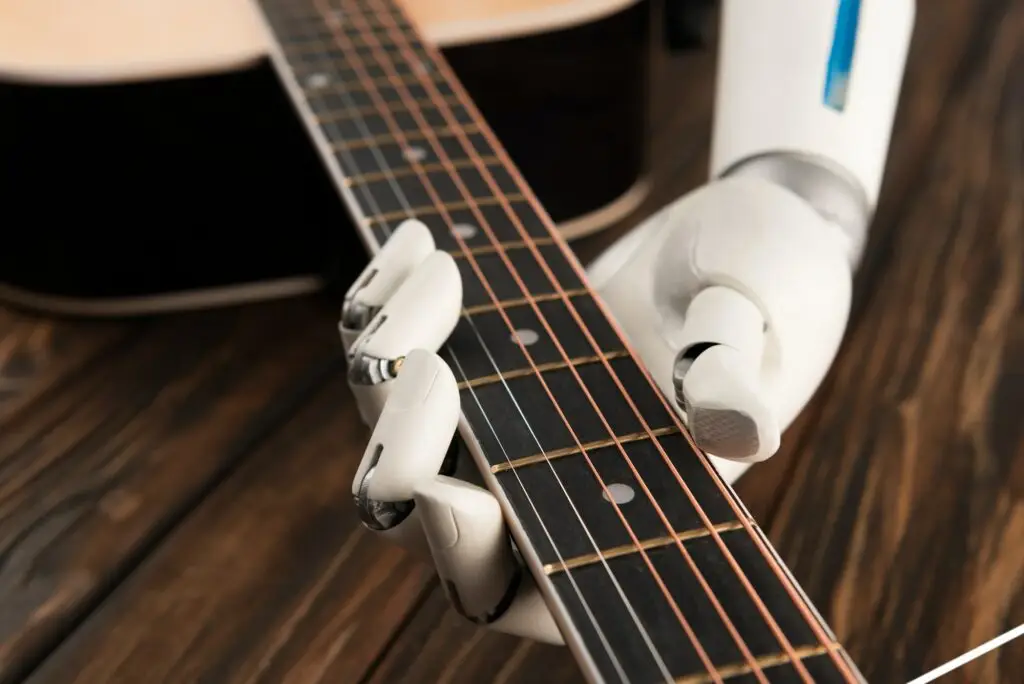
#4 AI Will Kill Industry Professionals
The music industry is brutal as it is, but now there’s yet another player entering the frey that will have devastating consequences on the opportunity for emerging artists.
AI-powered music is going to base all its creation on data that will continuously favor popular songs and mainstream genres, which takes away from what makes music continuously beautiful and new: change.
Since the dawn of time, music has evolved through rebellion, change, and a need for expression.
AI cannot even fathom the concept of originality outside of what music already is, meaning that all the artists out there fighting their way up through hard work, innovative creative intuition, and general musical talent will have yet another oppressor stopping change and spreading homogeneity.
Not to mention the imminent reduction in demand for session musicians, because it will be so much cheaper to sacrifice some quality to just have an AI replicate the musical performances of real musicians.
It’s already hard for musicians to get gigs, so this is like punching someone who’s already bleeding on the ground.
With a chair.
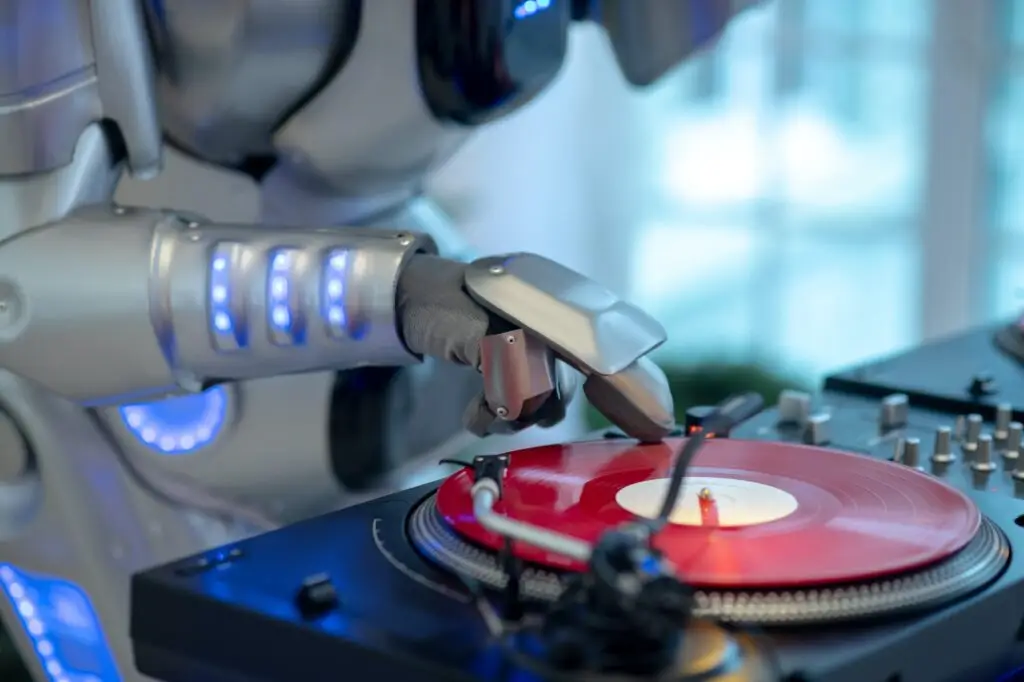
#5 AI Will Ruin Musical Value and Compensation
Another major issue of AI Music is the overall devaluation of music and compensation on a general level. A lot of the modern AI-powered recommendation systems and algorithms you’ll see on major streaming platforms are putting a heavy emphasis and prioritization on already popular or algorithmically optimized tracks.
This is making it incredibly challenging for lesser-known artists to gain any form of exposure and fair compensation.
Aside from the fact that this screws over artists financially, it also contributes to heavy imbalances in the music industry ecosystem.
For example, I love indie music. Trust me, there are hundreds of thousands of amazing songs that I simply cannot find because regardless of how niche I try to get – the music recommended to me sticks in the same veins of already popular indie artists.
If I want to discover new artists I have to go out of my way to find artists with low listener count. 99% of people will never put in this effort, which means that for any success to be a possibility a lot of musicians will have to naturally homogenize their music so that the AI likes it.
That’s just sad.

#6 Authenticity and Emotional Connection
Because Artificial Intelligence also tends to be in charge of what music is recommended to the public, it will naturally prioritize AI-generated music as it inevitably will check all the boxes.
This means that, as the years go by, we will be forced to consume more and more AI-generated music. This will result in a force-feeding of emotionally lacking songs that are completely devoid of human connection and nuanced interpretations that are characteristic of human performances.
We are facing a reality where AI-generated music algorithms are going to be almost solely responsible for music creation – and as a result, reduce the overall impact and quality of the listening experience.
We already know that AI is ruining our emotional well-being, but this will signifcantly accelerate the process.

The Subliminal Impact: We Need To Say No to AI in Music
When I expressed these worries to some friends, the most common “counter-argument” I heard was: “Well just don’t listen to AI music then.”
Well obviously I wont, but I am way above average when it comes to my stance against AI.
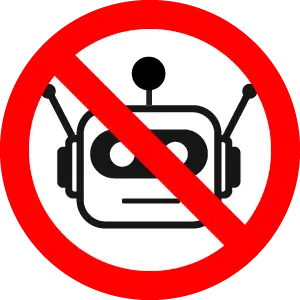
Most people simply will not care. They’ll listen to what comes on, and in a lot of cases you wont even realize it’s AI music. However, subliminally it will continuously affect the way you take in sounds and emotionally nuanced melodies.
AI in the music industry is going to prevent truly amazing artistry to flourish. I mean if you think about it, how much great music did we lose out on because of the untimely demise of John Lennon, Jimi Hendrix, Whitney Houston, and Kurt Cobain?
AI’s takeover in music is going to do the exact same: create an artificial death of amazing human artists for the sake of dead, regurgitated, and homogonous robot sounds.
A lot of people already know how dangerous it is, which makes it all even more terrifying. Is it apathy or dread that is preventing people from avoiding AI? Regardless, you can read all about what the western worlds public opinion of Artificial Intelligence is right here.
Say No to AI in Music.
THIS ARTICLE WAS WRITTEN WITHOUT THE ASSISTANCE OF ARTIFICIAL INTELLIGENCE.
